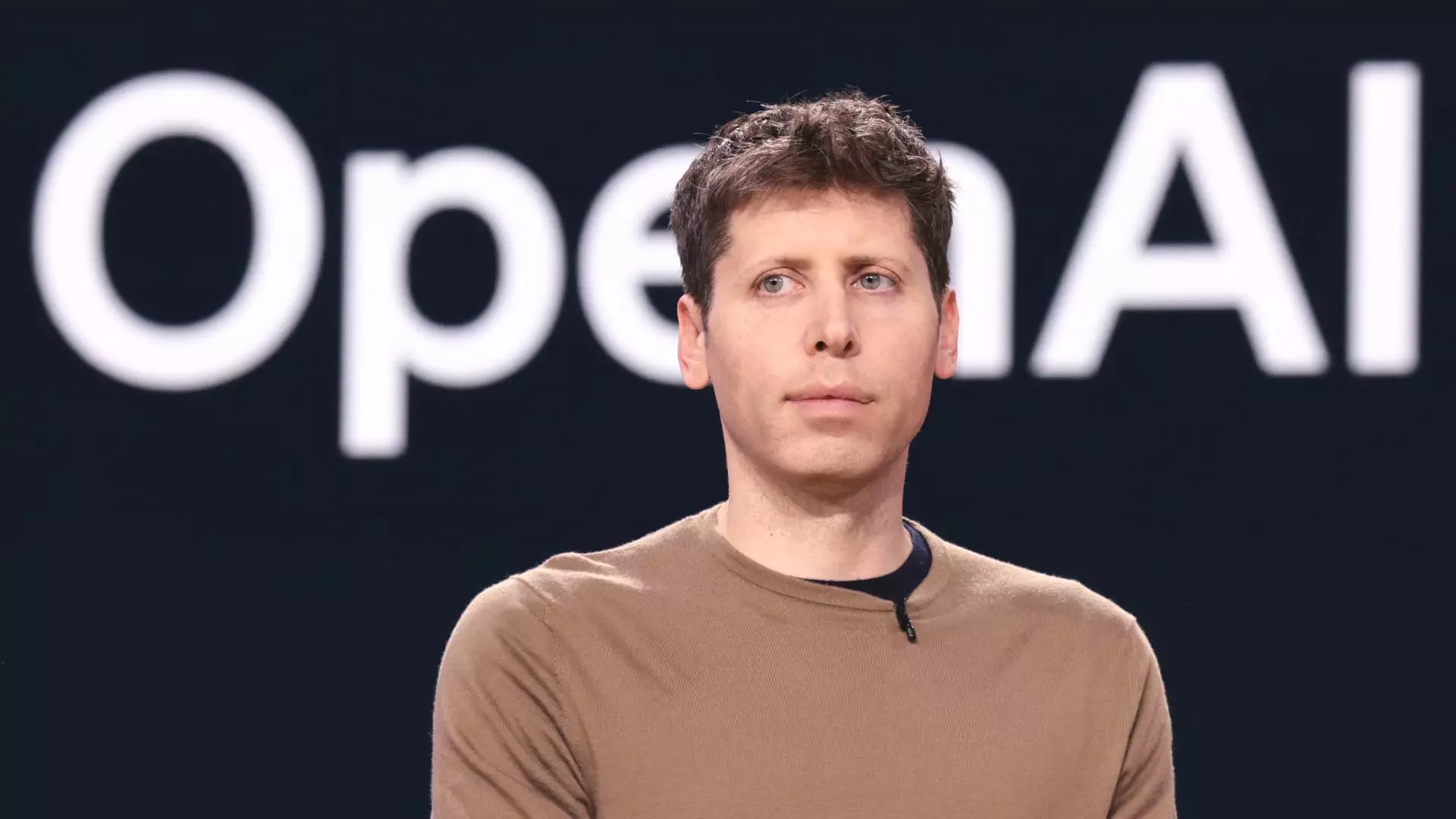In a significant corporate maneuver, OpenAI has announced that its Safety and Security Committee will transition to an independent oversight body. This change, officially communicated on Monday, marks a deliberate attempt by the company to enhance its governance structures in light of increasing scrutiny over its operational processes. The committee, initially introduced in May as a response to ongoing security controversies, seeks to bolster the safety mechanisms integral to the development and deployment of AI technologies.
The committee will be chaired by Zico Kolter, a prominent figure within the AI community and director of the machine learning department at Carnegie Mellon University. His leadership, alongside members such as Adam D’Angelo, co-founder of Quora, and former NSA director Paul Nakasone, indicates a strategic effort by OpenAI to draw on a wealth of expertise from diverse sectors. Nicole Seligman, previously an executive at Sony, adds a valuable perspective to the group’s multifaceted approach.
The committee’s forthcoming responsibilities are extensive. It will oversee essential safety and security protocols governing OpenAI’s models, ensuring that these guidelines align with ethical standards and public expectations. Following a comprehensive 90-day review of its existing practices, OpenAI has committed to transparency by releasing the committee’s findings in a public blog post. This represents a noteworthy pivot towards accountability as the organization seeks to mitigate the fallout from past criticisms regarding its operational transparency.
Within this context, the committee has delineated five pivotal recommendations geared towards reforming the existing governance framework. These include establishing independent governance structures, reinforcing security measures, fostering transparency regarding the company’s operations, engaging with external organizations for collaborative safety initiatives, and unifying the existing safety frameworks. These recommendations, if implemented thoroughly, could significantly enhance the credibility of OpenAI in the eyes of stakeholders and the public.
Despite these positive developments, OpenAI faces multiple challenges as it navigates expansion. The company recently launched the preview version of its new AI model, o1, aimed at enhancing reasoning capabilities. However, this unveiling was scrutinized by the newly appointed committee, underscoring the critical nature of the safety evaluations preceding any model launch. The committee possesses the authority to delay releases if safety issues remain unresolved, a measure indicating a proactive stance towards ensuring product integrity.
Yet, amid this operational dynamism lies a backdrop of controversy. OpenAI has experienced a tumultuous phase characterized by rapid growth since the success of ChatGPT in late 2022, but this expansion has also raised alarm bells. Concerns from both current and former employees regarding the pace of growth and complacency in safety practices have prompted external inquiries, including letters from Democratic senators addressing these emerging safety threats. These criticisms reflect the broader anxiety around the implications of powerful AI models in society, a narrative that OpenAI must address to maintain public trust.
OpenAI’s transition to an independent Safety and Security Committee is undoubtedly a commendable step towards enhancing organizational integrity and addressing legitimate safety concerns. However, the company must go beyond mere structural changes; it needs to invest in building a culture of safety that prioritizes thorough evaluations and stakeholder engagement. The ongoing dialogue with employees and external stakeholders will be crucial as OpenAI strives to balance its ambitious technological goals with the ethical imperatives that accompany them.
The road ahead for OpenAI is fraught with challenges, yet the proactive measures initiated indicate a willingness to adapt and transform. As the company continues its journey, the adherence to the committee’s recommendations and the commitment to transparency will play pivotal roles in shaping its future, ensuring that innovation does not come at the cost of ethical considerations in AI development. With the concentrated efforts of its independent oversight body, OpenAI has an opportunity to redefine its narrative and establish itself not only as a leader in technology but also as a bastion of responsible AI development.

Leave a Reply